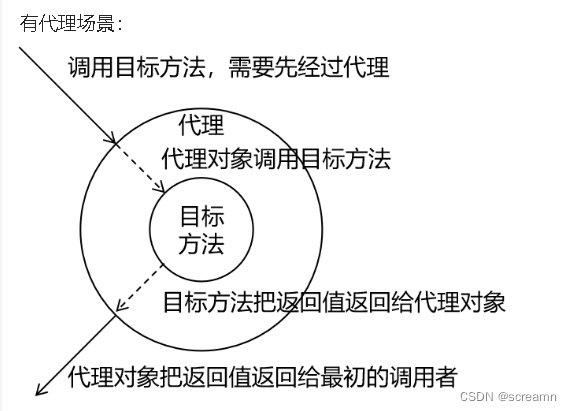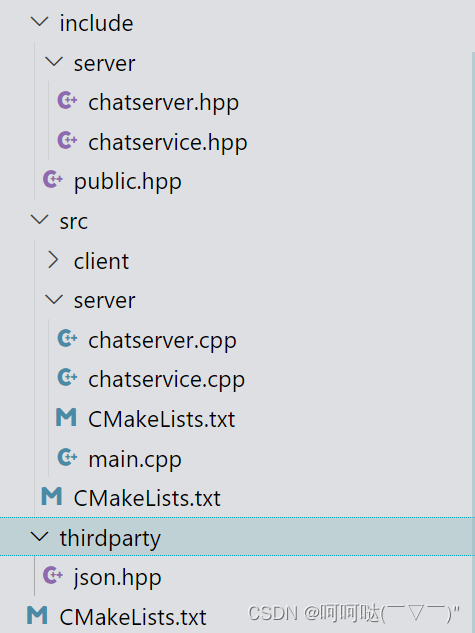Gin源码之gin.Engine结构体及其方法
1.Engine结构体
type Engine struct {
RouterGroup
RedirectTrailingSlash bool
RedirectFixedPath bool
HandleMethodNotAllowed bool
ForwardedByClientIP bool
AppEngine bool
UseRawPath bool
UnescapePathValues bool
RemoveExtraSlash bool
RemoteIPHeaders []string
TrustedPlatform string
MaxMultipartMemory int64
delims render.Delims
secureJSONPrefix string
HTMLRender render.HTMLRender
FuncMap template.FuncMap
allNoRoute HandlersChain
allNoMethod HandlersChain
noRoute HandlersChain
noMethod HandlersChain
pool sync.Pool
trees methodTrees
maxParams uint16
maxSections uint16
trustedProxies []string
trustedCIDRs []*net.IPNet
}
2.Run方法
// Run attaches the router to a http.Server and starts listening and serving HTTP requests.
// It is a shortcut for http.ListenAndServe(addr, router)
// Note: this method will block the calling goroutine indefinitely unless an error happens.
func (engine *Engine) Run(addr ...string) (err error) {
defer func() { debugPrintError(err) }()
if engine.isUnsafeTrustedProxies() {
debugPrint("[WARNING] You trusted all proxies, this is NOT safe. We recommend you to set a value.n" +
"Please check https://pkg.go.dev/github.com/gin-gonic/gin#readme-don-t-trust-all-proxies for details.")
}
address := resolveAddress(addr)
debugPrint("Listening and serving HTTP on %sn", address)
err = http.ListenAndServe(address, engine.Handler())
return
}
3.NoRoute方法
// NoRoute adds handlers for NoRoute. It return a 404 code by default.
func (engine *Engine) NoRoute(handlers ...HandlerFunc) {
engine.noRoute = handlers
engine.rebuild404Handlers()
}
4.Use方法
// Use attaches a global middleware to the router. ie. the middleware attached though Use() will be
// included in the handlers chain for every single request. Even 404, 405, static files...
// For example, this is the right place for a logger or error management middleware.
func (engine *Engine) Use(middleware ...HandlerFunc) IRoutes {
engine.RouterGroup.Use(middleware...)
engine.rebuild404Handlers()
engine.rebuild405Handlers()
return engine
}
5.LoadHTMLGlob方法
// LoadHTMLGlob loads HTML files identified by glob pattern
// and associates the result with HTML renderer.
func (engine *Engine) LoadHTMLGlob(pattern string) {
left := engine.delims.Left
right := engine.delims.Right
templ := template.Must(template.New("").Delims(left, right).Funcs(engine.FuncMap).ParseGlob(pattern))
if IsDebugging() {
debugPrintLoadTemplate(templ)
engine.HTMLRender = render.HTMLDebug{Glob: pattern, FuncMap: engine.FuncMap, Delims: engine.delims}
return
}
engine.SetHTMLTemplate(templ)
}
6.LoadHTMLFiles方法
// LoadHTMLFiles loads a slice of HTML files
// and associates the result with HTML renderer.
func (engine *Engine) LoadHTMLFiles(files ...string) {
if IsDebugging() {
engine.HTMLRender = render.HTMLDebug{Files: files, FuncMap: engine.FuncMap, Delims: engine.delims}
return
}
templ := template.Must(template.New("").Delims(engine.delims.Left, engine.delims.Right).Funcs(engine.FuncMap).ParseFiles(files...))
engine.SetHTMLTemplate(templ)
}
7.Delims方法
// Delims sets template left and right delims and returns a Engine instance.
func (engine *Engine) Delims(left, right string) *Engine {
engine.delims = render.Delims{Left: left, Right: right}
return engine
}
8.SetFuncMap方法
// SetFuncMap sets the FuncMap used for template.FuncMap.
func (engine *Engine) SetFuncMap(funcMap template.FuncMap) {
engine.FuncMap = funcMap
}
原文地址:https://blog.csdn.net/qq_53267860/article/details/126658280
本文来自互联网用户投稿,该文观点仅代表作者本人,不代表本站立场。本站仅提供信息存储空间服务,不拥有所有权,不承担相关法律责任。
如若转载,请注明出处:http://www.7code.cn/show_45320.html
如若内容造成侵权/违法违规/事实不符,请联系代码007邮箱:suwngjj01@126.com进行投诉反馈,一经查实,立即删除!
声明:本站所有文章,如无特殊说明或标注,均为本站原创发布。任何个人或组织,在未征得本站同意时,禁止复制、盗用、采集、发布本站内容到任何网站、书籍等各类媒体平台。如若本站内容侵犯了原著者的合法权益,可联系我们进行处理。




